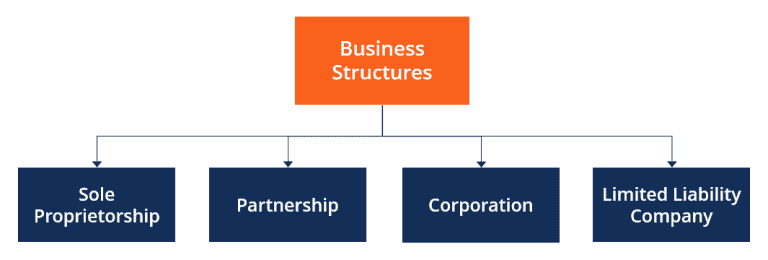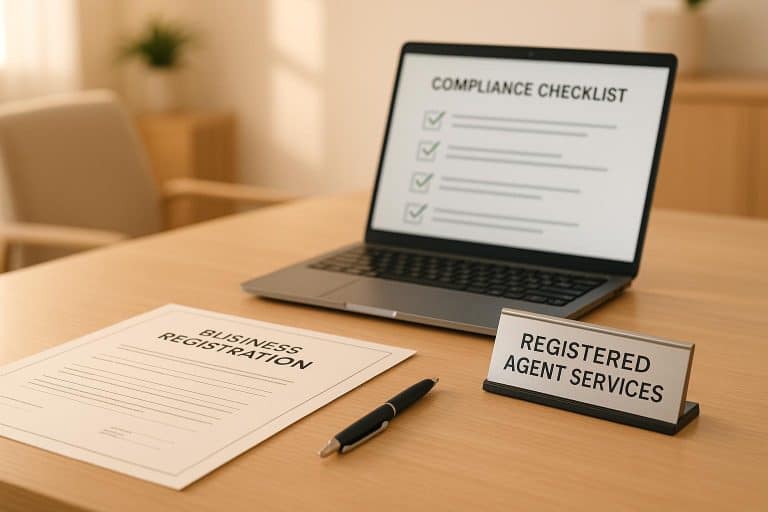A 2015 survey found that 54% of Americans are overwhelmed by the clutter in their houses. Not only that, but 78% have no idea what to do with it or just let it build up since they’re too overwhelmed.
Knowing how to tidy up and organize is an important skill set that many people wish they had, so if you’ve been blessed, you should take advantage of it. There’s a whole world out there that needs your help, and you can easily make money doing what you’re good at.
In this article, we’ll show you how to start an organizing business so you can thrive as a small business owner. Here are the steps you should take.
Do Research and Planning
Yes, there’s a huge crowd that’d benefit from your services, but realistically speaking, you can’t cater to them all. You have to be smart and identify your niche so you can hone in on certain services and excel at them. To do this, decide whether you’ll focus on home organizing, office spaces, digital organizing, move management, or specialized services, such as downsizing for seniors.
Now that you know what niche you want to go into, you can do market research. See if there’s even a demand for decluttering services in your area, and answer the question, “Is professional organizing a lucrative business?” After all, it’s not worth going into a business if no one wants it.
If there’s such a demand, then look at competitors to identify gaps in the market. Understand the demographics and needs of your target audience.
Once you’ve done your market research, you can develop a business plan. You should outline not only your business goals, but also your services, pricing strategy, and financial projections. This can be beneficial for you to see the big picture, and you can present it to investors and lenders if you need additional funding.
Take Care of Branding and Your Business Structure
Branding is vital for businesses to thrive. If you don’t invest in this, then consumers won’t remember you and they’ll turn to your competitors instead.
First, pick a name that reflects your brand and resonates with your audience. Check that it’s not already taken and secure a matching domain name too.
The next step is to choose a legal structure that suits your needs. Each has its own pros and cons, so research them carefully to make the most optimal choice.
If you’re stuck, then you can ask our experts, as we’ll know the details on how to start a decluttering business. We also have a free business registration service that’s available in all 50 states, so take advantage of our amazing deal! By using our services, you won’t have to take care of tedious paperwork, and you won’t have to worry about missing key details either.
After you’ve registered your business according to local regulations, you should get the required licenses and permits if necessary. You may also need insurance (like liability insurance) to protect both yourself and your clients.
Set Up Your Business Operations
You might need basic organizing supplies, such as labels, storage bins, and planners. You should also consider investing in a scheduling tool or CRM system to manage client appointments and communications.
From there, you can define your services and pricing. Research competitors’ pricing and determine your unique selling proposition (USP) to set your rates. Have service packages and intro rate discounts to attract customers once you’re up and running.
On that note, you can offer free or discounted services to your family and friends in exchange for before-and-after photos. These images can help you build a portfolio that’ll show off your skills.
Do Marketing and Networking
Since most people are online nowadays, you should build a professional website. It should showcase your:
- Services
- Portfolio
- Client testimonials
- Contact information
In addition, you should include a blog or tips section so you can position yourself as a figure of authority in your industry.
After building your website, utilize social media to share organizing tips and client transformations. People are usually interested in behind-the-scenes content too, so don’t forget to get progress photos while you’re working.
As for in-person marketing, you can join local business groups and attend networking events. Make sure to connect with real estate agents, interior designers, and moving companies, as they can be excellent referral sources.
Lastly, list your business on platforms like Google My Business and Yelp. This can help your SEO ranking and bring in more traffic to your website.
Handle Client Management and Scaling
If you don’t have a system for client management at the beginning, then things can fall apart later. So it’s best that you establish a clear-cut system right away that includes initial consultations all the way up to the final reveal.
Use contracts to outline expectations transparently and protect both parties. When you’ve finished jobs, ask your satisfied clients to leave reviews on various platforms, including your own website.
As you hit your stride, consider expanding your offerings, such as virtual organizing consultations, workshops, or speaking engagements. You may need to bring on assistants or add to your team to ensure you don’t get burned out.
Now You Know How to Start an Organizing Business
If you were wondering about how to start an organizing business, then this article should’ve given you all the pertinent details to do so.
Starting your own company takes careful planning and effective marketing, as well as an unwavering commitment to delivering high-quality service. By following our advice on choosing a niche and building a strong brand, you can build a successful business that allows you to do what you love.
Sign up with Business Anywhere now if you want help setting up your LLC. We provide free services where you only have to pay the state fees! We also have other beneficial offerings, such as registered agent and virtual mailbox services.








